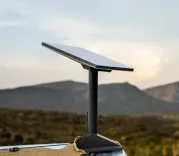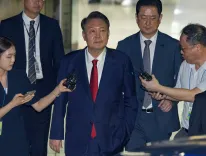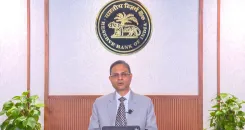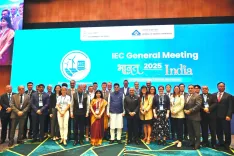Is Brazil's democracy and sovereignty truly non-negotiable?
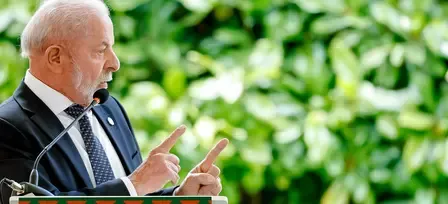
Synopsis
Key Takeaways
- Lula rejects U.S. tariffs on Brazilian products.
- Brazil's democracy and sovereignty are non-negotiable.
- The U.S. has a trade surplus with Brazil.
- The Global Magnitsky Act allows sanctions on foreign individuals.
- Brazil has made progress in reducing deforestation.
New York, Sep 15 (NationPress) Brazilian President Luiz Inacio Lula da Silva has firmly opposed the Trump administration's 50 percent tariffs on Brazilian goods while advocating for the nation's democratic frameworks and other policies.
In an opinion piece featured in The New York Times, Lula expressed Brazil's willingness to discuss "anything that can bring mutual benefits," emphasizing that Brazil's democracy and sovereignty are not open for negotiation.
In the article entitled "Brazilian democracy and sovereignty are non-negotiable," Lula pointed out that while the United States pursues legitimate objectives, such as reindustrialization, implementing unilateral tariffs is "misguided" and "illogical," as reported by Xinhua news agency, referencing the op-ed.
He highlighted that the U.S. has enjoyed a 410 billion US dollar surplus in trade of goods and services with Brazil over the previous 15 years, with almost three-quarters of its exports entering Brazil without tariffs.
Lula accused the U.S. administration of "utilizing tariffs and the Magnitsky Act to shield former (Brazilian) President Jair Bolsonaro," who was sentenced to over 27 years in prison on Thursday for attempting a coup. He argued that these measures are devoid of "economic rationale" and politically driven.
The Global Magnitsky Human Rights Accountability Act permits Washington to impose sanctions, including asset freezes, credit card cancellations, and travel prohibitions, on foreign individuals charged with human rights violations or corruption.
In response to U.S. claims regarding digital censorship, Lula asserted that all platforms in Brazil are governed by the same laws, aimed at protecting Brazilians from fraud, misinformation, and hate speech. He also championed Brazil's digital PIX instant payment system as a means to enhance financial inclusion.
Countering U.S. allegations of inadequate enforcement of environmental regulations, Lula noted that the Brazilian government has successfully reduced the rate of deforestation in the Amazon by half over the last two years.
"There are no ideological barriers preventing two governments from collaborating on shared objectives," Lula stated, adding that Brazil and the United States can "respect one another and work together for the benefit of both Brazilians and Americans."


